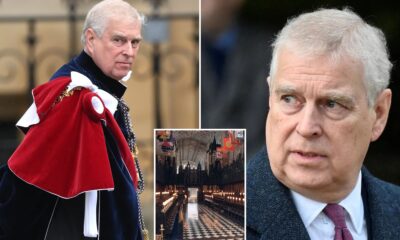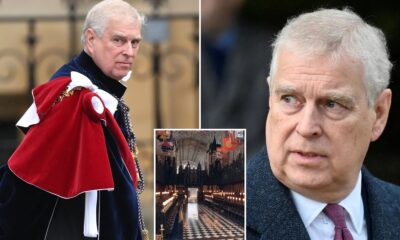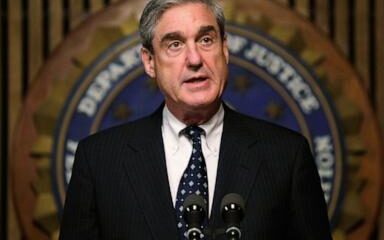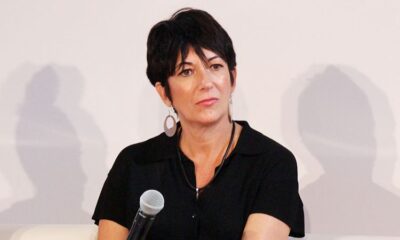Lifestyle
Ex-Prince Andrew Faces Name Change as Buckingham Palace Reconsiders
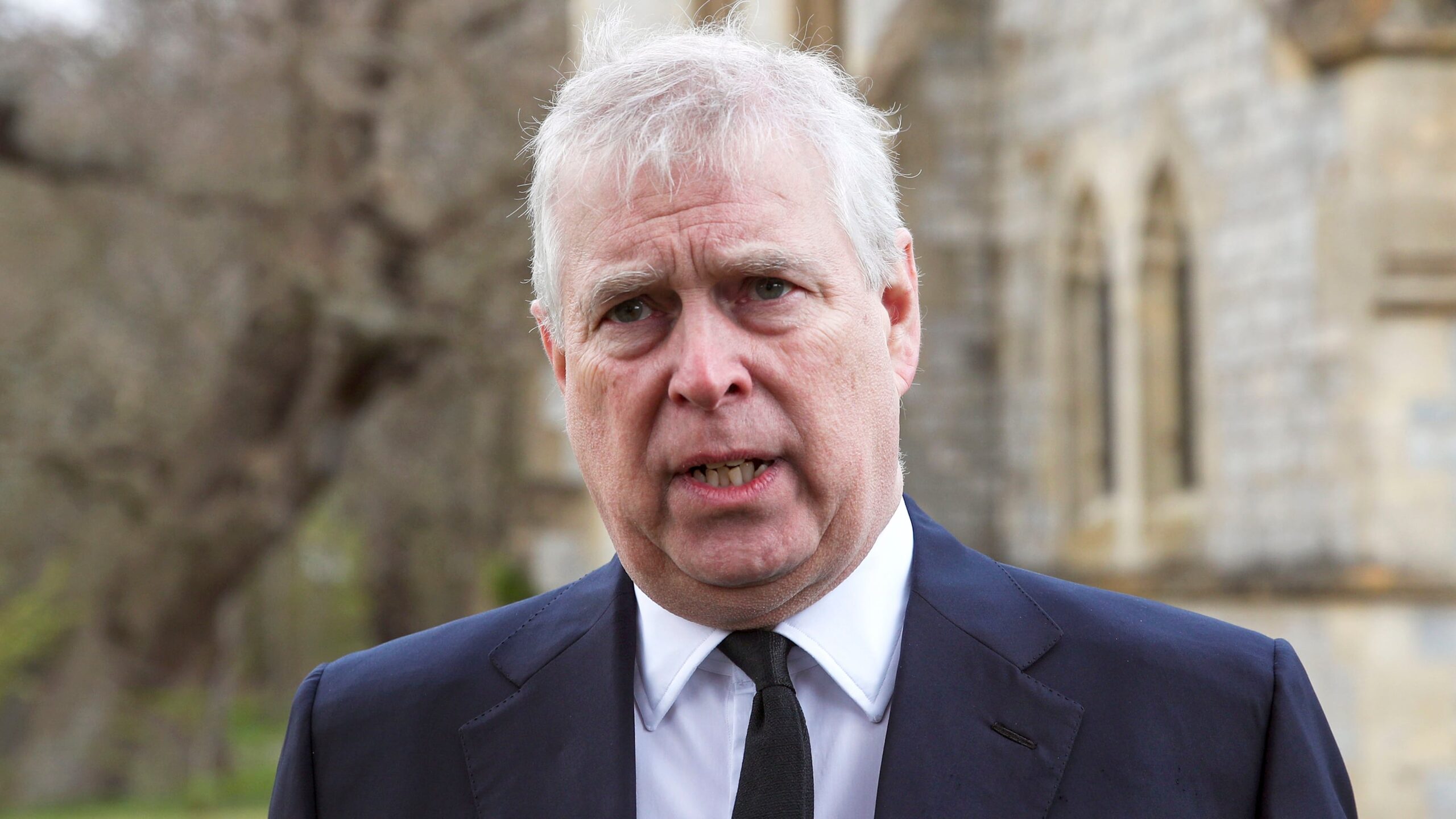
Buckingham Palace is reevaluating how to officially style the name of ex-Prince Andrew. The decision may lead to a hyphen being added between Mountbatten and Windsor, aligning with the wishes of the late Queen Elizabeth II. Currently recognized as Andrew Mountbatten Windsor, the addition of a hyphen offers little comfort following the loss of numerous royal titles due to his controversial associations, particularly his friendship with Jeffrey Epstein.
Andrew has relinquished titles such as the Duke of York, the Earl of Inverness, and the Baron Killyleagh. He also lost the prestigious designation of His Royal Highness, along with various honorary military positions and patronages. Sources close to the situation indicate that the Palace is reconsidering the hyphen after realizing that the late Queen specified in a 1960 declaration that her descendants, excluding those with royal titles, would carry the name Mountbatten-Windsor.
In a notice published in The London Gazette just two weeks prior to Andrew’s birth, Queen Elizabeth stated: “Now therefore I declare My Will and Pleasure that, while I and My children shall continue to be styled and known as the House and Family of Windsor, My descendants other than descendants enjoying the style, title or attribute of Royal Highness… shall bear the name of Mountbatten-Windsor.” This decision was influenced by Prince Philip, who felt that he was “the only man in the country not allowed to give his name to his children.”
The 1960 declaration made Andrew the first royal baby officially associated with the surname Mountbatten-Windsor. Now that he has lost both his title of Prince and the HRH designation, some royal commentators argue it is appropriate for Buckingham Palace to adhere strictly to the late Queen’s wishes, including the hyphen.
Historical Context and Precedents
Royal historian Ian Lloyd expressed surprise to the *London Times* that Andrew’s name was ever printed without the hyphen, given both tradition and the precise wording of Queen Elizabeth II. The hyphenated surname is not uncommon in royal documentation. For example, Princess Anne’s marriage certificate from 1973 lists her as Anne Elizabeth Alice Louise Mountbatten-Windsor, while Archie Harrison Mountbatten-Windsor was similarly styled on his birth certificate in 2019.
While the use of hyphens in royal names and titles is generally clear, it can sometimes vary in less formal contexts. The late Queen Mother was known as Elizabeth Bowes-Lyon on official documents, but newspapers often omitted the hyphen. Similarly, figures such as Andrew Parker Bowles and Helena Bonham Carter do not use hyphens in their names, and Andrew Lloyd Webber has never included one.
The case of Mountbatten-Windsor is distinct, as it stems from a royal directive rather than personal choice. As Buckingham Palace deliberates on Andrew’s name, sources suggest that a hyphenated form may soon become standard for him. This decision would underscore the importance of adhering to royal protocol and the legacy of the late Queen.
While the outcome remains to be seen, it is clear that the matter of Andrew’s name carries significant historical weight and familial ties, reflecting the complexities of modern royal life.
-

 Technology5 months ago
Technology5 months agoDiscover the Top 10 Calorie Counting Apps of 2025
-

 Health2 months ago
Health2 months agoBella Hadid Shares Health Update After Treatment for Lyme Disease
-

 Health3 months ago
Health3 months agoErin Bates Shares Recovery Update Following Sepsis Complications
-

 Technology4 months ago
Technology4 months agoDiscover How to Reverse Image Search Using ChatGPT Effortlessly
-

 Technology1 month ago
Technology1 month agoDiscover 2025’s Top GPUs for Exceptional 4K Gaming Performance
-

 Technology2 months ago
Technology2 months agoElectric Moto Influencer Surronster Arrested in Tijuana
-

 Technology5 months ago
Technology5 months agoMeta Initiates $60B AI Data Center Expansion, Starting in Ohio
-

 Technology5 months ago
Technology5 months agoRecovering a Suspended TikTok Account: A Step-by-Step Guide
-

 Health4 months ago
Health4 months agoTested: Rab Firewall Mountain Jacket Survives Harsh Conditions
-

 Lifestyle5 months ago
Lifestyle5 months agoBelton Family Reunites After Daughter Survives Hill Country Floods
-

 Technology4 months ago
Technology4 months agoHarmonic Launches AI Chatbot App to Transform Mathematical Reasoning
-

 Technology3 months ago
Technology3 months agoUncovering the Top Five Most Challenging Motorcycles to Ride





